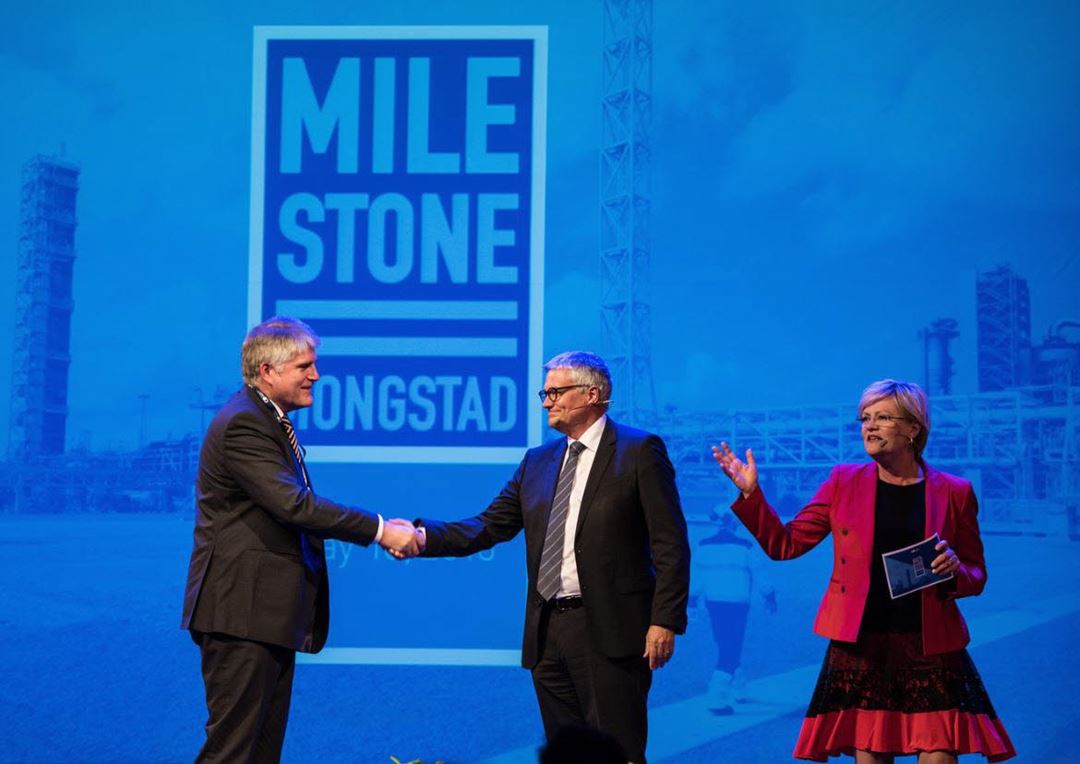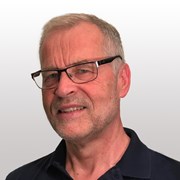- TCM and SINTEF have a very positive dialogue, and now want to further explore possibilities to act in co-ordination in the market, and where appropriate negotiate for joint projects. SINTEF and TCM are both world leading research institutions in CCS. By joining our complementary capabilities, we expand the opportunities for technical and commercial cooperation between the facilities, and extend our reach even further, says TCMs Managing Director Roy Vardheim.
- We see this as further strengthening our offer to the market as "one stop shop" for CCS. Together we can offer R&D and testing facilities from the molecular engineering level to testing and optimization at an industrial relevant scale. Efficiency and high quality services are keywords for this co-operation. SINTEF is a major stakeholder in the European R&D activities in CCS and with the joint network of SINTEF and TCM we are present at a global scale says Nils Røkke, SINTEF's EVP of Sustainability.
TCM and SINTEF intend to provide each other with necessary information of stakeholders and project opportunities, and appropriate evaluation of these projects as joint projects. Joint projects can i.e. be in the form of: theoretical, physical and chemical analysis, chemical engineering process modelling and simulation, process testing and verification from small to large scale.
The two companies confirm their intention of co-operation to execute joint projects, and common actions which may contribute to realization of such projects, including funding.
As part of the Amine Technology Qualification Program (TQP Amine) under the CO2 Capture Mongstad project (CCM), SINTEF performed extensive work with the objective of developing methods and procedures for evaluating health and environmental impact of amine based solvents. This included procedures for monitoring emissions to air, chemical analysis, and studies for evaluation of solvent process degradation and emissions. The procedures have been actively used and further developed through activities at TCM. Research for closing knowledge gaps within the field of emission reduction and monitoring is currently among the most important tasks for risk mitigation of CO2 capture technologies. TCM and SINTEF work in close cooperation on these challenges and aims at strengthening the cooperation further through the establishment of new joint projects. TCM and SINTEF are also involved in common projects within other research topics; one example is the DOCPCC project for development and testing of advanced process control for cost saving and optimization of the CO2 capture process.
In 2015, SINTEF joined the International Test Center Network (ITCN), which TCM and the US National Carbon Capture Center (NCCC) initiated. Since the network launch in 2012, some of the world's leading CCS test centers have been sharing knowledge of construction and operation of test facilities to reduce costs, as well as the technical, environmental and financial risks currently associated with CCS. This has also resulted in strong bilateral collaboration.
Technology Centre Mongstad, which started its operations in 2012, is the world's largest facility for testing and improving CO2 capture. Knowledge gained will prepare the ground for CO2 capture initiatives to combat climate change. TCM is a joint venture between the Norwegian state (through Gassnova), Statoil, Shell and Sasol.
SINTEF Materials and Chemistry's CO2 capture Process Technology research group, has been active in CO2 capture since 1996 and operate the CO2 capture laboratory at Tiller, a test facility for developing post-combustion technology. The laboratory houses a full-height absorption tower, and the test facility is instrumented for accurate measurement of energy requirements, emission measurements, solvent degradation properties and other process performance parameters.


